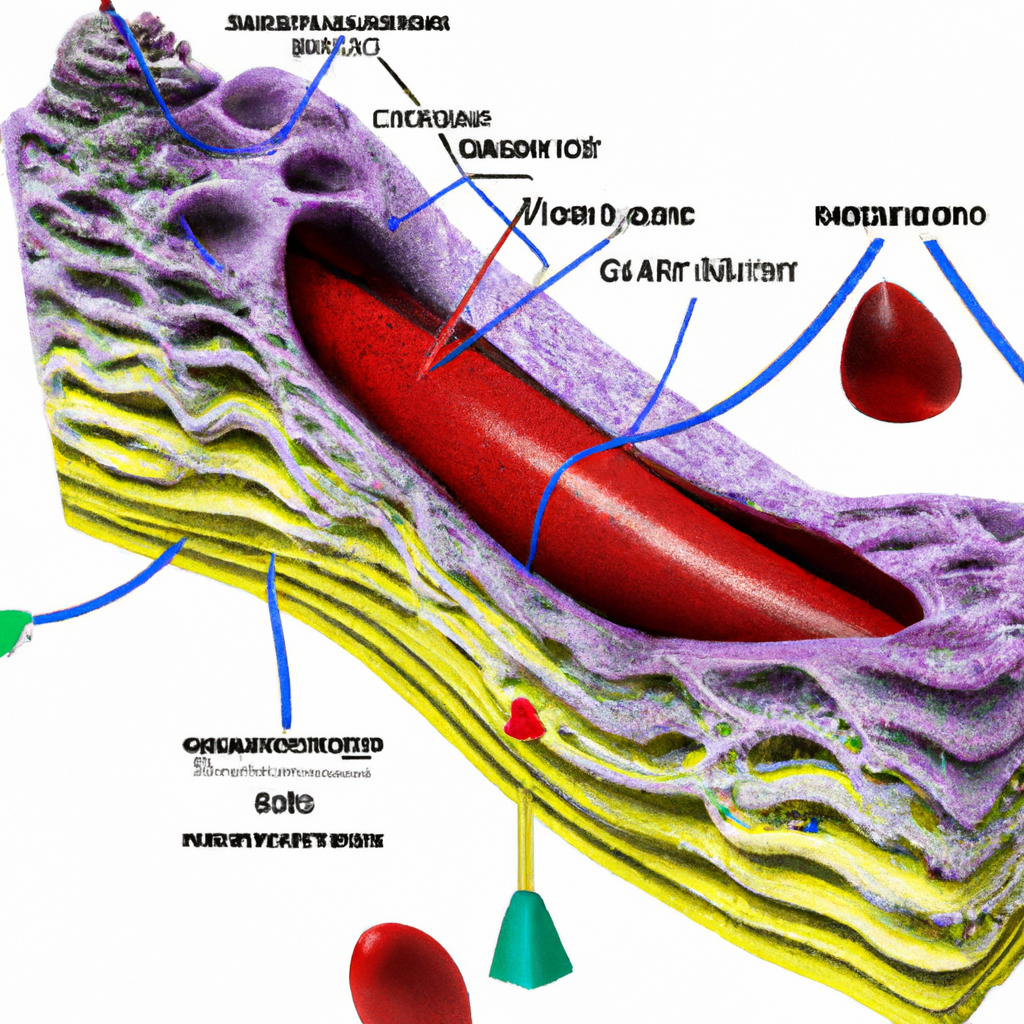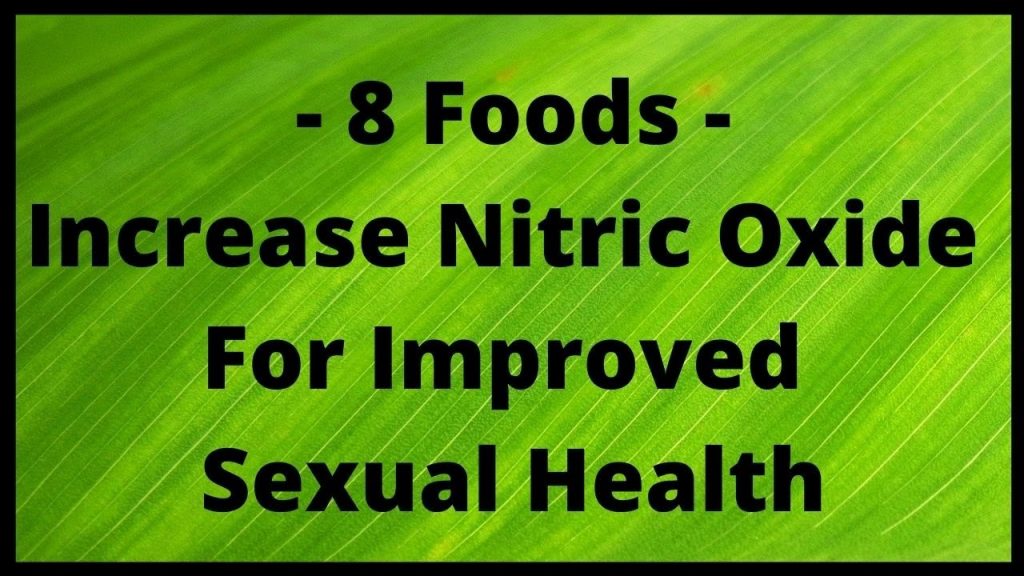You might not have given much thought to the gas molecule nitric oxide before, but it plays a key role in regulating your blood pressure. Think of it like a traffic cop for your cardiovascular system – it helps keep things flowing smoothly and prevents congestion.
But what happens when nitric oxide levels drop? High blood pressure can result, which increases your risk for heart disease and stroke.
In this article, we’ll explore exactly how nitric oxide works to regulate blood pressure, as well as factors that can interfere with its production. We’ll also give you some tips on natural ways to boost nitric oxide levels and the importance of monitoring your blood pressure.
By understanding the connection between nitric oxide and high blood pressure, you’ll be equipped with knowledge to take control of your cardiovascular health.
Key Takeaways
- Nitric oxide plays a key role in regulating blood pressure and ensuring proper circulation.
- Low levels of nitric oxide can lead to hypertension, while supplementation or lifestyle changes can help manage it.
- Factors like smoking, high cholesterol, and a poor diet can interfere with nitric oxide production, while exercise and certain supplements can boost it.
- Regular monitoring of blood pressure is important, as high blood pressure can increase the risk of heart disease and stroke.
Understanding the Role of Nitric Oxide in Regulating Blood Pressure
Understanding the role of nitric oxide in regulating blood pressure is crucial for maintaining a healthy cardiovascular system. Nitric oxide, or NO, acts as a vasodilator by relaxing the smooth muscle walls of blood vessels, which increases their diameter and allows for greater blood flow. This helps regulate blood pressure and ensures that vital organs and tissues receive adequate oxygen and nutrients.
When there’s not enough NO in the body, this can lead to high blood pressure or hypertension. In fact, many hypertension treatments involve supplementation with NO or drugs that boost its production. By increasing NO levels in the body, these interventions help dilate blood vessels and reduce resistance to blood flow.
While it’s important to maintain healthy levels of NO, too much can also be harmful. Excessive amounts of NO can contribute to inflammation and oxidative stress, which may damage cells and tissues over time. Therefore, it’s essential to strike a balance between promoting sufficient vasodilation while avoiding potential side effects from excessive NO exposure.
Factors That Can Interfere with Nitric Oxide Production
Various factors can impede the production of nitric oxide, which is essential in regulating blood pressure. One of the main culprits is smoking. Chemicals in tobacco smoke can damage the cells that produce nitric oxide, leading to decreased levels of this important molecule.
Another factor that can interfere with nitric oxide production is high cholesterol levels. When there’s too much cholesterol in your bloodstream, it can build up on the walls of your blood vessels and prevent them from dilating properly.
To maintain healthy levels of nitric oxide and keep your blood pressure under control, it’s important to make lifestyle changes. Quitting smoking and eating a healthy diet that’s low in saturated fat and high in fruits, vegetables, and whole grains are some effective ways to boost nitric oxide production naturally. Regular exercise can also help by increasing blood flow and promoting the growth of new blood vessels.
If making lifestyle changes alone isn’t enough, there are supplement options available that may help increase your body’s production of nitric oxide. Supplements like L-arginine or beetroot extract have been shown to enhance nitric oxide synthesis and improve blood vessel function. However, it’s important to talk to your doctor before taking any supplements since they may interact with other medications you’re taking or have other side effects.
Natural Ways to Boost Nitric Oxide Levels
Imagine you’re a gardener trying to grow a beautiful garden. Just like how you need to tend to your plants and give them the right nutrients, your body also needs proper care and nourishment to produce nitric oxide naturally.
By adopting healthy lifestyle habits such as quitting smoking, eating a balanced diet full of fruits and vegetables, and exercising regularly, you can cultivate an optimal environment for nitric oxide production in your body.
Here are three things that can help boost your nitric oxide levels naturally:
Foods for Nitric Oxide: Incorporate foods rich in nitrates into your diet such as leafy greens (spinach, arugula), beets, celery, carrots, pomegranates, garlic and nuts. These foods can increase the production of nitric oxide in the body.
Supplements for Nitric Oxide: Consider taking supplements that contain L-arginine or L-citrulline which are amino acids that help with nitric oxide production. However, consult with your healthcare provider before starting any supplement regimen.
Exercise Regularly: Regular exercise has been shown to improve circulation and oxygen delivery throughout the body. This increased blood flow helps stimulate nitric oxide production.
By making these changes towards a healthier lifestyle through nutrition and physical activity, you can effectively boost your natural levels of nitric oxide – resulting in lower blood pressure levels and overall improved cardiovascular health.
The Importance of Monitoring Blood Pressure
To keep your heart healthy and happy, it’s important to monitor your blood pressure regularly. High blood pressure is a silent killer that often goes unnoticed until it’s too late. By keeping track of your blood pressure readings, you can catch any abnormalities early on and take action to prevent serious health complications.
Regular exercise is one way to help regulate your blood pressure levels. When you engage in physical activity, your heart has to work harder to pump blood throughout your body. This increased demand for oxygen-rich blood helps strengthen the muscles in your heart and lowers your overall resting heart rate. Over time, this can lead to lower blood pressure readings and a healthier cardiovascular system.
Another factor that can impact your blood pressure levels is stress. When you’re under stress, your body releases hormones like adrenaline that cause an increase in heart rate and constriction of blood vessels. If this happens frequently or for prolonged periods of time, it can lead to chronic high blood pressure.
Learning how to manage stress through relaxation techniques like deep breathing exercises or meditation can help keep your blood pressure under control.
Conclusion
Congratulations! You now know the importance of nitric oxide in regulating blood pressure. As you’ve learned, factors such as stress and unhealthy habits can interfere with its production, leading to high blood pressure.
Thankfully, there are natural ways to boost nitric oxide levels and maintain healthy blood pressure levels. Remember, monitoring your blood pressure regularly is crucial to catch any changes early on.
As the saying goes, "prevention is better than cure."By taking care of your body and implementing healthy habits, you can prevent high blood pressure and its related complications.
Stay informed and take control of your health for a happier, healthier life!


